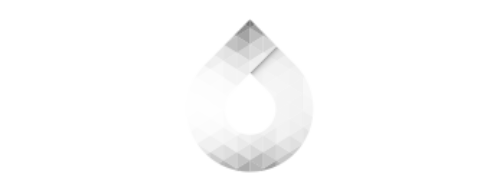The drafts are long awaited as the exemptions in Annex III were already supposed to expire in July 2016. Since there has not been a decision from the commission so far, exemptions could be still applied if an application for extension has been submitted in time.
The new deadlines for the exemptions are mainly set for July 2021 for electrical and electronic equipment (EEE) of category 1-7 and 10 as well as medical devices and monitoring and control instruments. In-vitro medical devices have a period until 2023, industrial monitoring and control instrumens as well as category 11 products until 2024. These deadline also follows the rules from the periods of 7 years for category 8 and 9 as stated by directive article 5 (2).
The drafts contain the exemption for the following exemptions:
6(a) and 6(a)-I: Lead in steel
6(b): Lead in aluminium alloys
6(c): Lead in copper alloys
7(a): Lead in high melting temperature solders
7c-I: Lead in glass or ceramics (electronic parts)...
18(b) and 18(b)-I: Lead as activator in the fluorescent powder of discharge lamps...
24: Lead in solders for the soldering to machined through hole discoidal and planar array ceramic multilayer capacitors
34: Lead in cermet-based trimmer potentiometer elements...
No changes of the drafts are expected. The directives will be published in the Official Journal of the European Union.
Having a new deadline in July 2021 means that companies shall already start preparing for the next application for extension which then has to be submitted until January 2020 latest (18 months before an exemption expires) to the commission.
Although, according to the harmonized standard EN 50581 „Technical documentation for the assessment of electrical and electronic products with respect to the restriction of hazardous substances“, it is mandatory to have details on applied exemptions in the product, many manufacturers and their suppliers are not aware of.
With respect to exemption deadlines in the near future, and with adaption of the standard, is essential to know if, in which part of the product and what type of exemption is applied. Only then, exemptions can be monitored correctly and appropriate action can be taken in time.
iPoint’s RoHS software solution is optimized for the regulatory compliance of products.
At the click of a mouse, it lets you exchange (require or report) RoHS-relevant information throughout the entire supply chain and check the conformity of your products.
